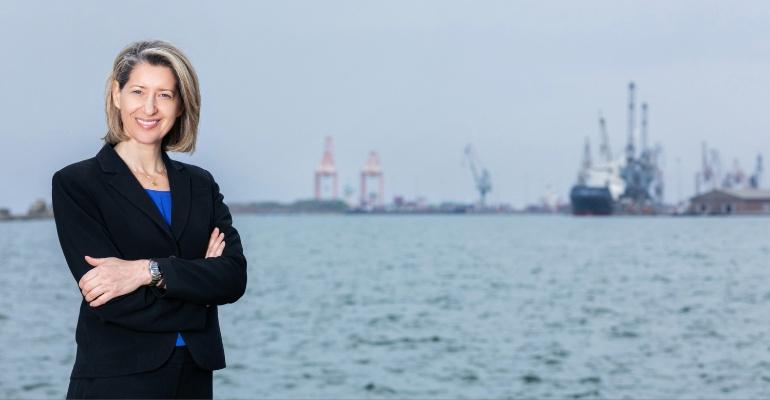The future of cruising looks bright again. A growing number of modern vessels offering new amenities attract a new generation of cruisers of all ages, and an expanding number of repeaters, while advanced protocols secure efficient and effective operations in all respects.
Yet optimism does not stand alone. Developing a strategy to address the challenges inevitably associated with evolving growth is more than essential. Such a strategy can hardly be handled by one port, destination, or stakeholder alone.
Cruise port associations have already provided the answer to this puzzle. MedCruise members, for example, effectively work together in identifying the operational adjustments in order to serve cruise lines and their destinations better and meet the expectations of each cruiser that arrives in a port. An all-inclusive dialogue generates business opportunities for all those involved, whilst sharing experiences and accumulated specialized knowledge.
Understanding how different ports and destinations might be, the Association continues to create platforms discussing the ways that different types of ports - i.e., the larger, the smaller, the homeports, the boutique ones - might evolve. Specialized working groups propel solutions for the questions that each or all of these groups need to address.
This work goes beyond the “daily care”, i.e., of how to better serve itineraries or market our destinations, or the development of industry intelligence to help decision-making. Strategic issues are a core part of our agenda. When economic, environmental and social sustainability might for some be catchphrases for MedCruise they are central stage.
In the latter case, the links with our partners in the cruise world and their associations are fundamentally important. Working with CLIA, but also participating in several of its activities, enables orchestrating common approaches to the energy transition. The Joint Working Group with AIVP on Cruise and Port Cities are emblematic of an approach that expands well beyond understanding the fundamentals of the industry that we serve – with #MedCruise4OurPlanet being our illustrative motto.
Shaping initiatives for sustainable cruise growth at the European level is another vital dimension of the MedCruise work. Our participation in expert groups on the needed skills and career development frameworks, or at the European Sustainable Shipping Forum (ESSF) assisting the Commission in implementing the European Union’s activities and programs to foster sustainable maritime transport, go hand-in-hand with projects promoting cruise sustainability.
Lessons emerge however from both the years of plenty and those of hardship. Approximately three years ago, the pandemic brought an industry that has cruised against most storms to a standstill. Today we know that it would be difficult for cruising to have restarted without the leading contribution of MedCruise together with the collective efforts of multiple stakeholders involving experts, cruise lines, decision-makers and others.
Apparently, #Portstogether is more than a MedCruise slogan. It is a bare cruise world necessity.

